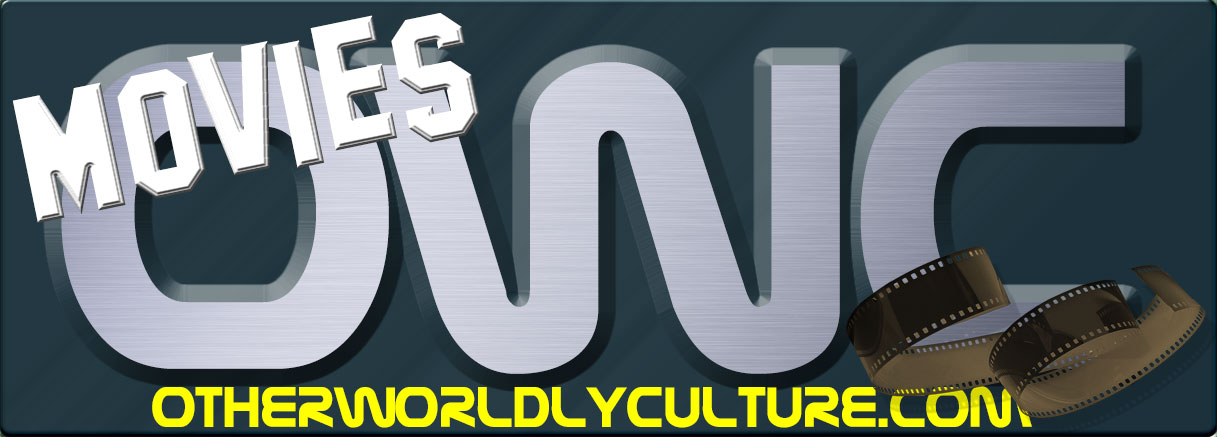Once in a while you hear someone say, “They don’t make them like that anymore.” Generally, this is a reference to the bible epic films of the Golden Age of Hollywood. But there was another type of epic, once upon a time, that I argue blazed the way for today’s binge worthy television series. Centennial was perhaps the pinnacle of this late 70s and early 80s trend: the epic television miniseries.

Universal produced this epic 12 episode series for airing on NBC in late 1978 and early 1979. It originally aired in two and three hour episodes bringing in a whopping 1256 minutes of running time chronically the titular city in Colorado from 1795 to the mid 1970’s.

The show was based on James A. Michener’s novel of the same name. It was an ambitious endeavor. The story is really a tale of the American West, taking stops with the first introduction of French fur traders to the indigenous Native Americans of the region, religiously persecuted settlers taking the Oregon Trail to escape their pasts, immigrants from Europe, the founding of irrigation farming in the West, cattle drives from Texas, wars with the Native Americans as the sheep herders and cattlemen squared off for the future of the land, swindlers and cut throats coming West for their own taste of opportunity and the lawmen sworn to protect the growing merchant class, the turn of the century settlers that fought the dustbowl of the earl 20th century and modern environmental concerns over land use in a growing industrial nation.

Whew! That’s quite a swath of history to take on!

Luckily, they put together an equally epic cast of characters and noteworthy actors that were up to the task. While the script sometimes falls to the corny trappings that was late 70s television, the production quality was top notch and the actors were wonderful working within the limitations of the day.

Robert Conrad portrays a French fur trader with wives dotting the American frontier including Barbara Carrera’s Clay Basket, a native American squaw. Richard Chamberlain is a Scottish trapper that becomes a friend of our main characters. The trader’s children, benefitting from the trader’s love for remote wives, dot the rest of the series, from a rebellious halfbreed Chief played by Stephen McHattie. Gregory Harrison plays a disgraced Menonite journeying forth to Oregon with Stephanie Zimbalist (who was probably my favorite character throughout) and a wild guest appearance by Donald Pleasance. As he settles, he meets our core players and Chad Everett, a general (and fur trader inlaw!) to negotiate with the indiginous people and Timothy Dalton as an Englishman looking for opportunity in the great American West. To establish a ranch, Dalton bankrolls a cattle drive from Texas led by Dennis Weaver and introducing a character to be played in his adulthood by Richard Atherton in a rare “good guy” role. A General Custer surrogate played by Richard Crenna really impresses in this center section of the program. Football star Alex Karras shows off a fairly decent German accent as a farmer that came West originally in pursuit of gold. Brian Keith is featured as a sheriff pursuing conman Anthony Zerbe and his family. We wrap up with Andy Griffith, David Jannsen, Sharon Gless and Robert Vaughn prominently featured in the “modern day” sections, which feel like a historic time capsule as well. Cast stuffing at its finest.

The sheer scope of the story, however, might be its undoing. At the time of original airing, it was shown over 6 months. That would make it hard to remember the story, so this leads to a lot of flashbacks to earlier episodes. By the final 3 hour installment, I’d estimate 30% of the episode or more was clips from earlier episodes. Today, we sit down and over the course of a week or two consume the whole thing, so these clips are annoying rather than assistive.

I kind of love that, though, because it reminds me of a time when you had to wait for the next installment, not just wait for the next show in your queue to roar to life. Not that I want to go back to that, because the convenience of PVRs was evident to me right from the moment I bought my first TiVo which was about the time I still had an AOL email address.

What you really get from the process, though, is a sense of history. Of how what happened in the past shapes the way things are today. For that, Centennial is both instructive and educational and worth the 20+ hours you invest into it.


